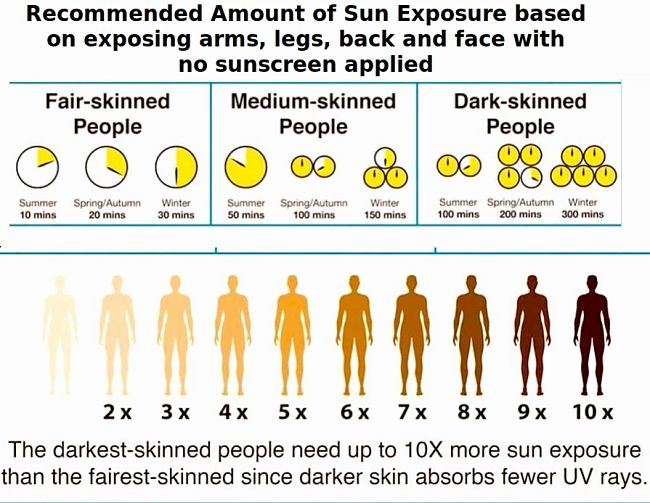

Using a definition of <20 ng/mL, up to a third of the world’s population is deficient, while severe vitamin D deficiency, defined as <12 ng/mL, is seen in approximately 7% of the population worldwide 2.Įpidemiological studies have found an association between autoimmune diseases and insufficient vitamin D levels 3. Although differences may be due to genetic and lifestyle factors other than vitamin D levels, data link lower vitamin D serum levels, increasing latitude, and decreased sunlight exposure with a higher prevalence of autoimmune inflammatory diseases. Age-related systemic inflammation, so-called “inflammaging”, is another condition associated with depleted vitamin D 4. These correlations between inflammation and vitamin D levels suggest a promising role for vitamin D supplementation.ĭownload our new whitepaper for onward reading on the potential of vitamin D3 as an important and safe adjuvant therapy. Vitamin D can be obtained either from the diet or through UV-activated synthesis in the skin. It is involved in the regulation of blood calcium and phosphate levels, bone growth and maintenance, cell differentiation, and gene expression 1. Causes of vitamin D deficiency include reduced sun exposure, skin pigmentation, genetic polymorphisms, and/ or inadequate intake. Vitamin D deficiency is prevalent worldwide and concerns a considerable number of people.

Why adequate vitamin D status is important McKey, Director of Tufts University’s Friedman Online Graduate Certificate Programs, and Assistant Professor in the Friedman School of Nutrition Science and Policy, at the Tufts School of Medicine. They are also often using multiple medication and several of these drugs are known to interfere with vitamin D metabolism.ĭSM recently hosted a webinar detailing the consequences of vitamin D3 drug interactions and how the administration of vitamin D3 can improve the pharmacological action of some drugs. The event reflected on a number of relevant topics such as the importance of healthcare professionals’ awareness and knowledge regarding which drug treatments would benefit from vitamin D supplementation. The webinar was held by renowned expert Dr Diane L.

Evidence shows that people with underlying chronic medical conditions are at increased risk of COVID-19 infection. The current pandemic has highlighted the importance of vitamin D3 (or cholecalciferol) for immune health.


 0 kommentar(er)
0 kommentar(er)
